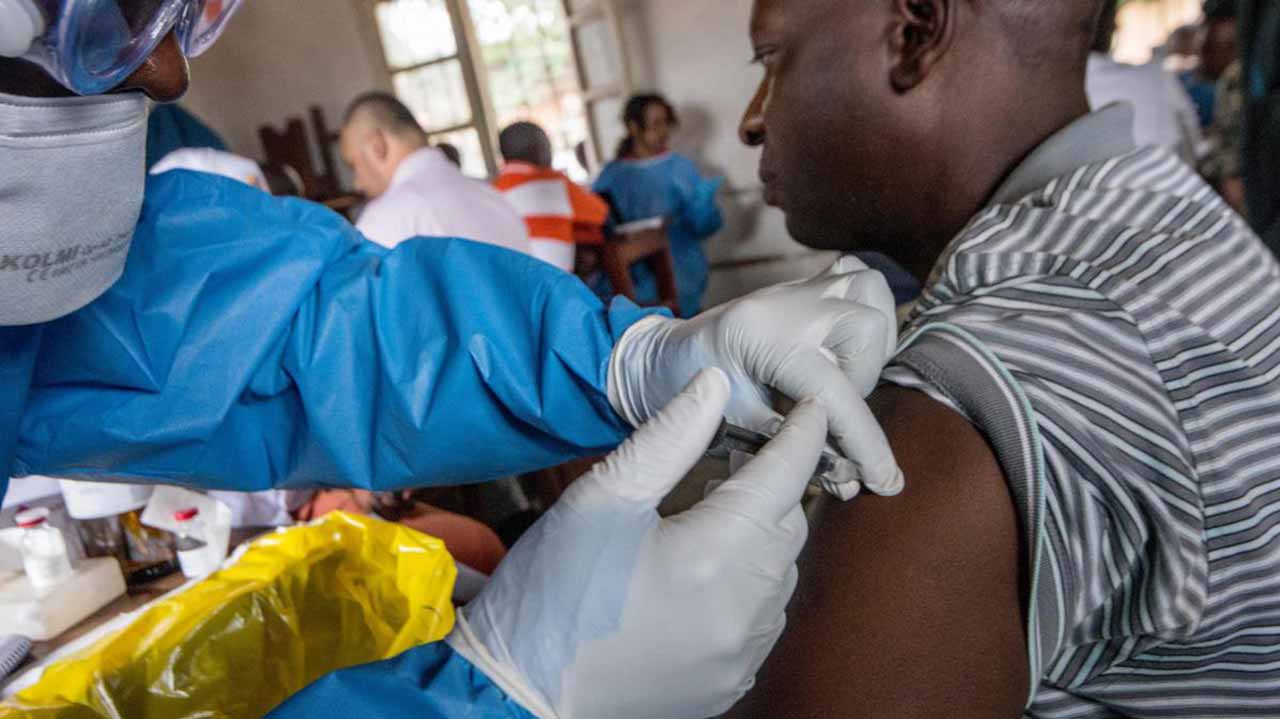Investing in family planning will reduce Nigeria’s high maternal death, expert says

Towards tackling the ugly trend of maternal death in Nigeria which has been described as worrisome, an expert in reproductive health has reiterated the need for increased investment in family planning to reverse the trend.
Listing the benefits of family planning, the expert, Assistant Director, Reproductive Health and Family Planning, Pathfinder International, Dr. Habeeb Salami, revealed that investment in family planning would reduce the rate of women’s death in the country by 30 percent.
Salami further stated that family planning could also save the lives of 111 women who die daily following pregnancy and childbirth-related issues.
Currently, Nigeria contributes 10 percent of global maternal deaths; a situation the family planning expert, said could be effectively addressed through increased investment in family planning and the health of women in general.
Studies have also shown that family planning is the best-documented practice to reduce maternal mortality, as it is critical in preventing unintended pregnancies and unsafe abortions.
Making the revelation at a media stakeholders meeting in Lagos recently, Salami, therefore, urged government at all levels to expand women’s access to family planning commodities through adequate funding.
He also enjoined the government to ensure that modern contraceptives, consumables and other services were available free of charge in public health facilities, affirming that family planning/childbirth spacing methods allow women to rest between pregnancies in order to regain their health.
Data from the National Demographic Health Survey (NDHS) 2013, reveals that the prevalence rate for contraceptive use in Nigeria is 15 per cent, despite the high rate of sexual activity and growth in population.
According to him, ensuring access to modern contraceptives has the potential to reduce maternal deaths because pregnancy and child birth are natural process that should not take any life.
“That is why family planning is important. It gives the woman time to rest properly from child birth before the next pregnancy”, he noted.
Salami however, identified haemorrhage, hypertension, infection, abortion complications and obstructed labour as five major causes of maternal mortality in the country.
On Nigeria’s readiness to meet the target of 27 per cent of Modern Contraceptive Prevalent Rate, (MCPR) by 2020, he said that the federal government would have to work with the state and local governments to secure complimentary budgets for family planning and reproductive health service delivery.
Expressing dissatisfaction over the current CPR in the country, Salami pointed out that the federal government, needed also to partner with the private sector, civil society, traditional and religious institutions as well as development partners to improve the CPR uptake.
Angela Onwuzoo








